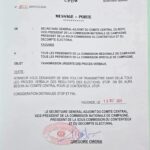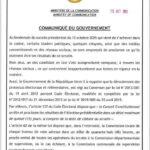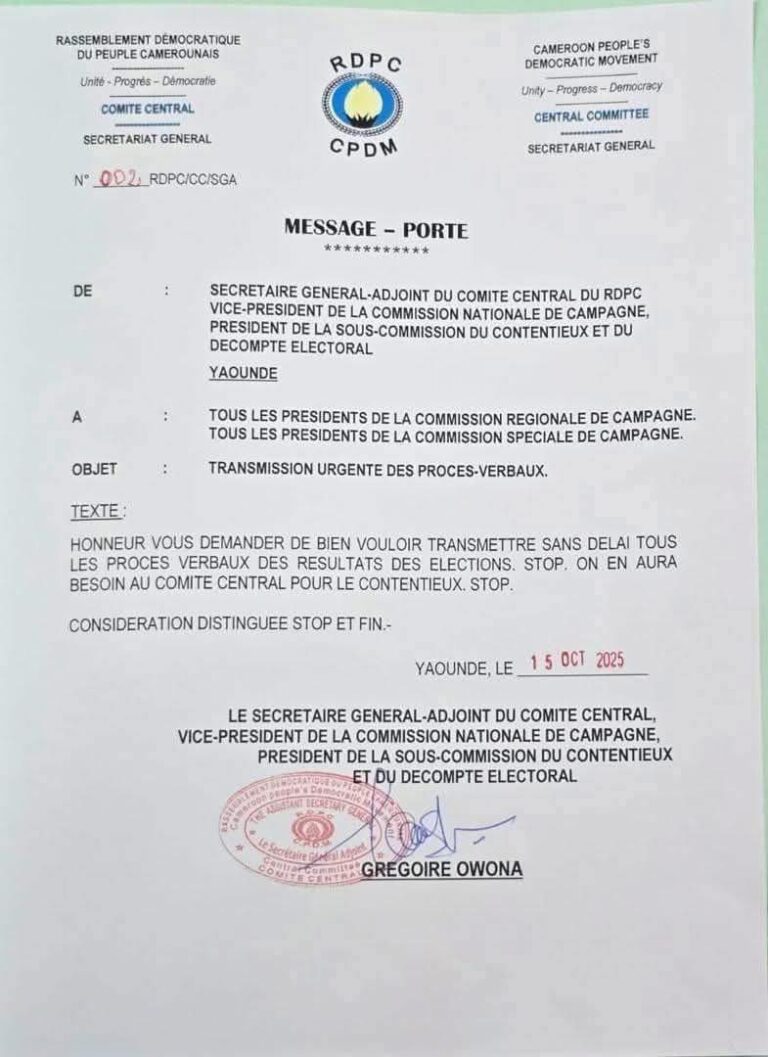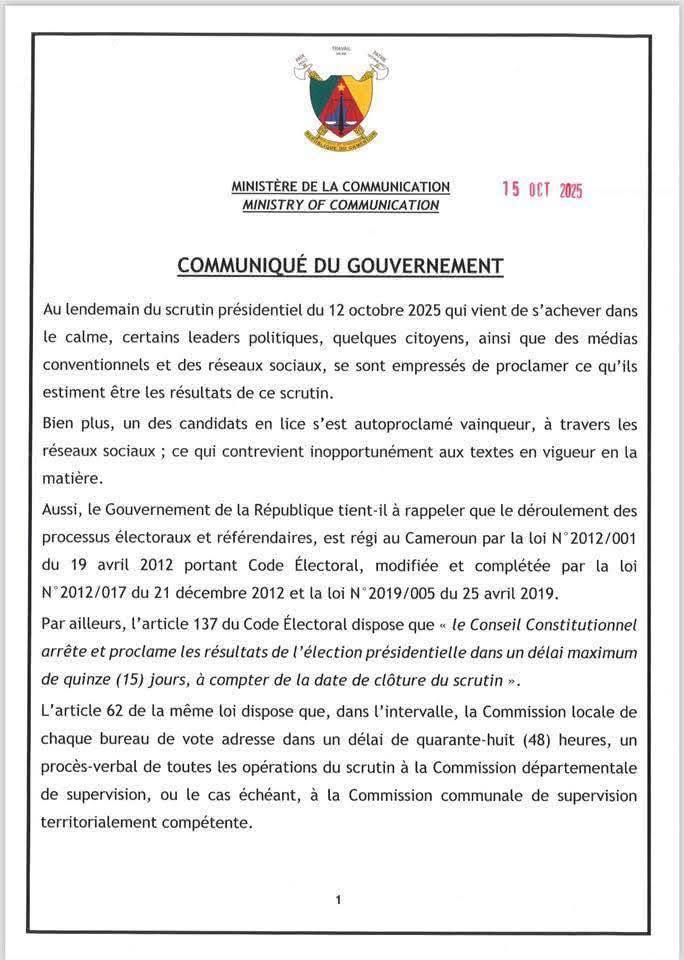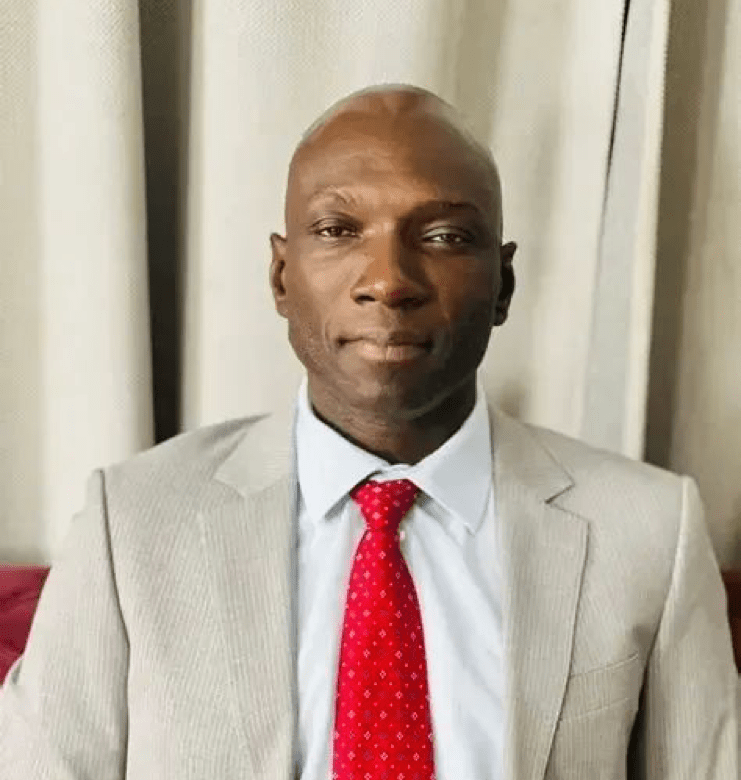
– Advertisement –
By Kebeli Demba Nyima
Economists, at their best, are the custodians of evidence. They measure, test, and verify before they speak. But Dr Ousman Gajigo, who now parades himself as a technocrat leading the Patriotic Progressive Alliance, has abandoned the discipline that gave him credibility. Instead of analysis, he offers conjecture; instead of reason, he offers resentment. His latest claim that President Barrow would easily defeat Ousainu Darboe and the UDP in another election is not an empirical forecast but a political performance masquerading as scholarship.
A true economist would begin with data. He would examine voter turnout, regional variations, shifts in coalition support, demographic change, and the economic conditions that shape electoral behaviour. Dr Gajigo has done none of this. His prediction rests on nothing more than intuition, a hunch dressed in technical language. For a man who once lectured on evidence-based policy, this descent into baseless generalisation is intellectually shameful.
– Advertisement –
What makes his argument more troubling is not merely its falsity but its intent. He has chosen not to scrutinise the incumbent, whose government is beset by corruption, rising inequality, and administrative decay. Instead, he attacks the UDP, the one party that still embodies the country’s democratic resilience. It is not analysis; it is opportunism. To suggest that the electorate would again reward a failed presidency with victory is to insult Gambians’ intelligence. It ignores the law of diminishing political returns, the fatigue of unfulfilled promises, and the growing disillusionment with patronage politics.
In the language of political economy, Dr Gajigo’s reasoning collapses on both empirical and normative grounds. Empirically, he ignores the most basic variables: income stagnation, youth unemployment, and inflationary pressures that have eroded public trust. Normatively, he assumes that the Gambian voter is passive and easily manipulated, as if democracy were a market in which consumers mindlessly purchase what they know to be defective. Such thinking is not technocracy but contempt disguised as objectivity.
The UDP, whatever its imperfections, remains the institutional backbone of opposition politics. It has outlived dictatorship, imprisonment, and exile. It represents what political scientists call path dependency, a durable structure born of endurance and sacrifice. Its leader, Ousainu Darboe, is not merely a politician but an institution in himself, one whose legitimacy was forged in resistance. To treat that legacy as a political nuisance is to deny the moral capital that sustains democratic life.
– Advertisement –
Dr Gajigo speaks as if Gambians were statistical abstractions rather than historical agents. He uses the vocabulary of development theory but none of its rigour. His diagnosis of the nation’s ills lacks both data and depth. The Barrow administration’s failures, from fiscal mismanagement to the erosion of civil service discipline, are measurable realities. Yet Gajigo’s analysis omits them entirely. His so-called prediction is not economics; it is theatre.
Victorian Britain offers a sobering lesson about such intellectual vanity. Thomas Babington Macaulay, one of the most brilliant essayists of his age, entered politics believing that reason and eloquence alone could command power. His writings soared, but his policies stumbled; the governed refused to be managed like arguments. From that failure Britain learned that intellect must serve, not substitute for, political wisdom.
Classical Greece provides another parallel. The philosopher Critias, a student of Socrates, fancied himself a man of principle and intellect. When he seized power in Athens as one of the Thirty Tyrants, his arrogance led to terror and collapse. His education could not save him from the consequences of detachment. Athens discovered, at great cost, that clever men who scorn the consent of the governed are the worst guardians of liberty.
Dr Gajigo belongs to that lineage of the learned who misread society from above. He views politics as a laboratory, not a covenant. He forgets that leadership, unlike research, demands the humility to be wrong and the courage to be answerable. His claim that Barrow would win hands down is not only empirically baseless but politically reckless. It demoralises opposition, emboldens failure, and corrupts public discourse.
If Gajigo were faithful to his own discipline, he would know that political prediction is a probabilistic science, not a proclamation. It requires sampling, data modelling, and evidence of causal relationships. To assert certainty in a volatile democracy is not professionalism; it is propaganda.
Gambians deserve better from their intellectuals. They have lived through real economists, men and women who understood that numbers must serve humanity, not humiliate it. The country’s democratic future will not be built by detached experts who ridicule the struggle that preserved their freedom to speak. It will be built by those who combine knowledge with humility, and evidence with empathy.
Dr Ousman Gajigo calls himself a technocrat. But technocracy without truth is tyranny in academic dress. When intellect becomes a tool of ambition rather than enlightenment, the scholar ceases to serve the nation and begins to serve himself. Gambians, wiser than he assumes, will recognise the difference.
Disclaimer:
Kebeli Demba Nyima is a Gambian political scientist based in Atlanta, Georgia. The views expressed in this article are entirely his own and do not necessarily represent those of any institution or organisation with which he is affiliated. He writes frequently on African governance, democratic transitions, and the moral responsibilities of intellectuals in public life. His commentaries combine empirical analysis with historical perspective, drawing parallels between classical political thought and contemporary African realities. Nyima belongs to a generation of African scholars committed to reclaiming public discourse from propaganda and restoring integrity to political debate.

